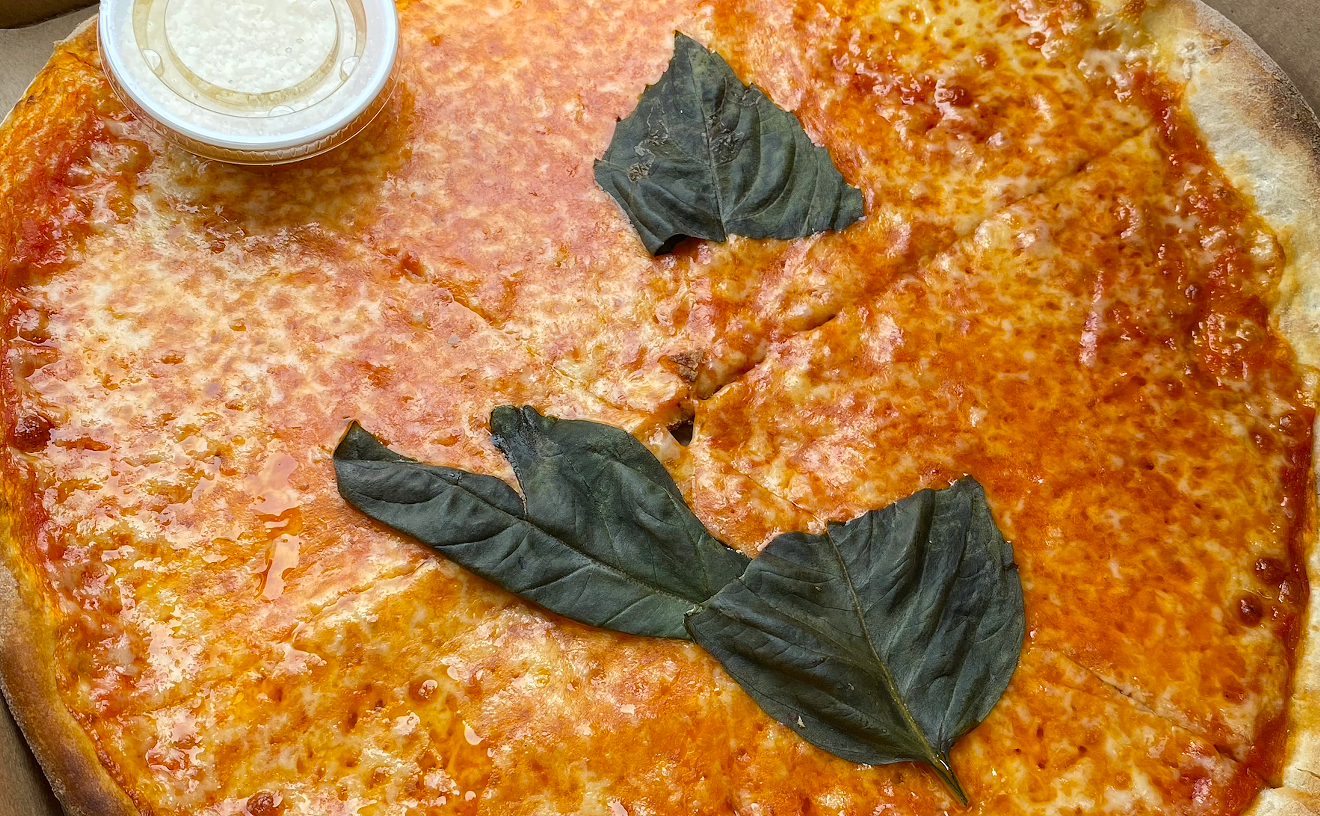She was a lonely princess. He was a cocky civilian. And after she escaped the palace, the unlikely couple fell in love. It's the plot of Roman Holiday and — according to this soapy romance from director Oliver Hirschbiegel — the true-enough story of the last two years of Princess Diana's life. (Alas, unlike Audrey Hepburn, this short-haired gamine had a fatal destiny in France.)
You're forgiven for assuming the boyfriend is Dodi Fayed, the wealthy Harrods heir who spent the month of August 1997 squiring the world's most photographed woman on his yacht. Nope, Diana is about her other beau, Pakistani doctor Hasnat Khan, who was so determined to keep his private life private that what split the couple up after two years was secrecy itself. That you probably haven't heard of Dr. Khan, now 54 and living quietly in England, speaks both to his continued silence and to the Fayed family's continued flogging of their son's deadly six-week fling. The flagship Harrods store in London has a bronze statue of Di and Dodi dancing under a bird, plus a memorial exhibit starring the engagement ring she might have worn had the couple actually been engaged. They weren't, of course — Dodi's father, Mohamed, bought the bauble after their funerals.
The Fayeds would be thrilled if Hirschbiegel, who also bowdlerized the Borgias for Canal+, made this film about them. Dr. Khan is not. As for us, we're mixed. Diana is a Lifetime movie in sensible pumps, at once too silly to be taken seriously, yet so self-serious it rarely allows us to giggle. The British press hates it, but Americans simply don't care enough about the royal legacy to muster up serious outrage at scenes where the pampered princess (Naomi Watts) gets horoscope advice from her masseuse and blinks in astonishment to learn that a hamburger is something you can cook at home. In Stephen Jeffreys's script, when Khan (Naveen Andrews) calls Diana a dilettante, she's not offended — she literally doesn't know the definition of the word.
Yes, Diana was dumb. But it's not entirely her fault. Like an entire generation of aristocratic British daughters, she was raised to be a potential Windsor brood mare. Instead of receiving an education, she was shipped to a Swiss finishing school to study skiing, sewing, and French. If she hadn't married Prince Charles at 20, she would have landed the next best thing and spent her life snickering at her fellow socialites at parties.
To its credit, the film doesn't hoist up Diana as a tragic angel. Watts plays her as awkward and uncertain as a teenage girl — which, psychologically, she still sort of was. In an early sequence, we see the newly separated princess slip out of her public armor of helmet hair and pantyhose to pad around Kensington Palace with flat locks and sweatpants, slipping into the kitchen to make a supper of canned beans on toast. When she meets Khan, we're surprised to feel so much empathy for her crush on the handsome heart surgeon (so metaphorical!). How would a girl learn to date when her first marriage was arranged by her grandmother, the Queen Mum's best friend? Hell, how can she even ditch her guards for some sexy snogging?
No one could mistake Diana for a psychologically piercing drama. But at least it doesn't flatten the woman out to a lovelorn heroine. She's at turns petty, excitable, stalkerish, and sincere—too na•ve to know better than to break into Khan's apartment and wash his dishes (a scene that provoked loud snorting at a press screening), yet crafty enough to think she could get away with using her paparazzi friends to make him jealous by, say, posing soulfully on the diving board of Fayed's boat.
In contrast, Andrews's Khan is almost comically unflappable, a white collar Heathcliff who doesn't give a hoot about titles. During his first visit to Diana's posh digs, he asks her to order takeaway and then turns on the telly to watch soccer. She swoons. We don't quite buy their odd romance as an eternal love, but after a decade and a half of using antique fish forks, we can see why she likes the guy.
Hirschbiegel never forgets that his trifle stars a would-be queen. When Watts's Diana walks into a room, the extras stop and stare — we're always aware that she's aware of her effect on strangers. That adds a desperation to her attempts to be normal: She can't go on an ordinary date without wearing a wig or hit the bars when she and Khan get into a tiff. We've seen these scenes in fictional romps before, like when Julia Roberts flees the press in Notting Hill. Yet, for Diana, it was real. Even offscreen, we feel the paparazzi's hand in guiding what she could and couldn't do. And the film continually reminds us that we've participated in her persecution, as Watts's costumes are deliberately familiar, each polo shirt and ball gown one we've already seen in the pages of People.
An inquest by the Fayed family found the paparazzi innocent of causing Diana and Dodi's death. As for Khan, the only man on earth who knows the truth about his tryst with the princess, he eventually acquiesced to an arranged marriage of his own, to a descendant of Afghan royalty. They, too, divorced. He and Diana finally have something in common — it's a pity that their romance, and this guilty pleasure, can't have a happy ending.











